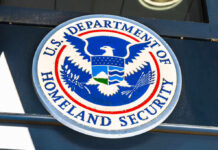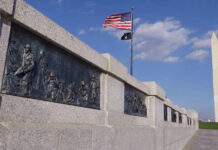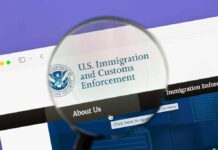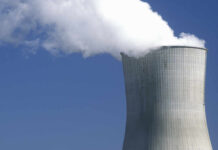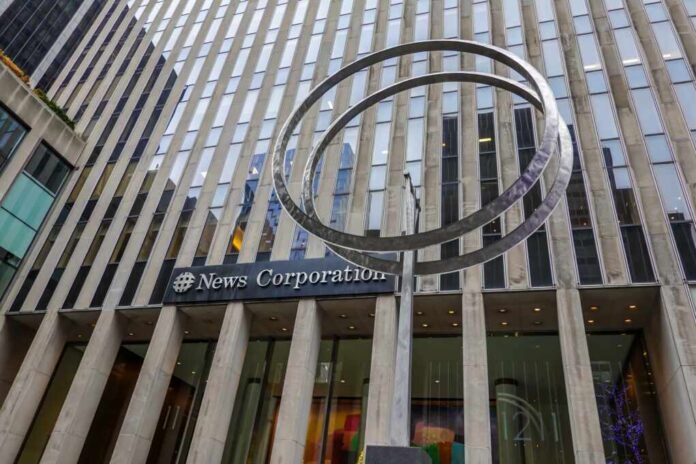
The White House’s decision to boot the Wall Street Journal from the press pool over a controversial Epstein letter report is sparking major media and political turmoil.
At a Glance
- The White House removed the WSJ from the Scotland trip press pool following a contentious report.
- President Trump filed a $20 billion libel lawsuit against the WSJ.
- The WSJ’s exclusion is part of a broader tension between the Trump administration and media.
- The WHCA condemned the exclusion as a First Amendment violation.
White House Removes WSJ from Press Pool
The White House has removed the Wall Street Journal from the press pool for President Trump’s upcoming trip to Scotland. This comes after the WSJ published a report alleging Trump sent a sexually suggestive birthday letter to Jeffrey Epstein in 2003. The White House labeled the report as “fake and defamatory,” and President Trump subsequently filed a $20 billion libel lawsuit against the WSJ. The decision to exclude WSJ reporter Tarini Parti, who wasn’t even the author of the story, has further escalated tensions between the administration and major media outlets.
JUST IN – White House removes Wall Street Journal from Scotland press pool over Epstein article.
These people are stupid. pic.twitter.com/nrtShSqWEe
— Melissa Redpill – Freedom Force (@MelissaRedpill) July 21, 2025
The exclusion signifies a significant shift as the White House, under the Trump administration, recently stripped the White House Correspondents’ Association (WHCA) of its authority to determine pool access. This move was justified by the administration’s desire to diversify media representation and reduce the influence of “D.C.-based journalists.” Yet, critics argue this is a blatant attempt to control media narratives and punish outlets that report unfavorably on the president.
Watch: White House bans WSJ from press pool on Trump trip over Epstein report
Trump’s Legal Battle with the WSJ
In a bold move, President Trump has launched a $20 billion libel lawsuit against the WSJ, accusing the paper of publishing false and defamatory information. The administration and its supporters argue that this is a necessary step to hold the media accountable for what they perceive as “fake news.” The lawsuit adds to the legal and public relations battles between Trump and major media outlets, raising questions about the future of press freedom and the role of the media in holding the government accountable.
The Wall Street Journal, for its part, stands by its reporting and the authenticity of the letter remains a contentious issue. The WHCA has issued a statement condemning the removal of the WSJ from the press pool as a violation of the First Amendment. The association called for the reinstatement of the WSJ, framing the exclusion as a dangerous precedent for government retaliation against the press.
Implications for Press Freedom
The exclusion of the WSJ from the press pool raises significant concerns about press freedom and the government’s role in determining media access. The Trump administration’s actions could set a new precedent for excluding media outlets based on their coverage, further polarizing the relationship between the executive branch and the press. Other media outlets are watching closely, worried about the potential chilling effects on critical reporting.
The broader issue of press access and the White House’s new pool selection process remains contentious. This incident not only impacts the WSJ but also sends a message to other media organizations about the risks of reporting unfavorably on the administration. The debate over media bias, executive authority, and the role of the press is likely to intensify as the legal proceedings unfold.


